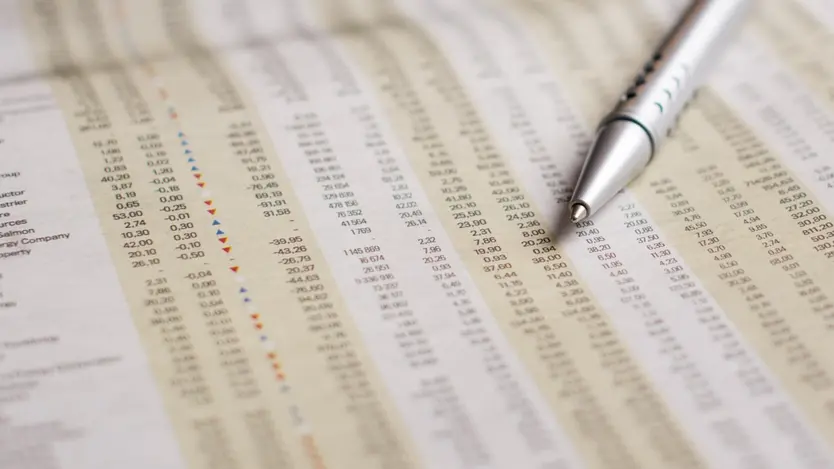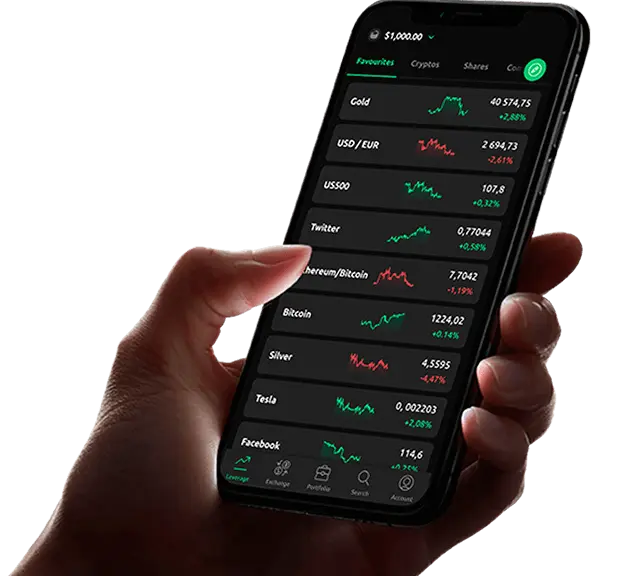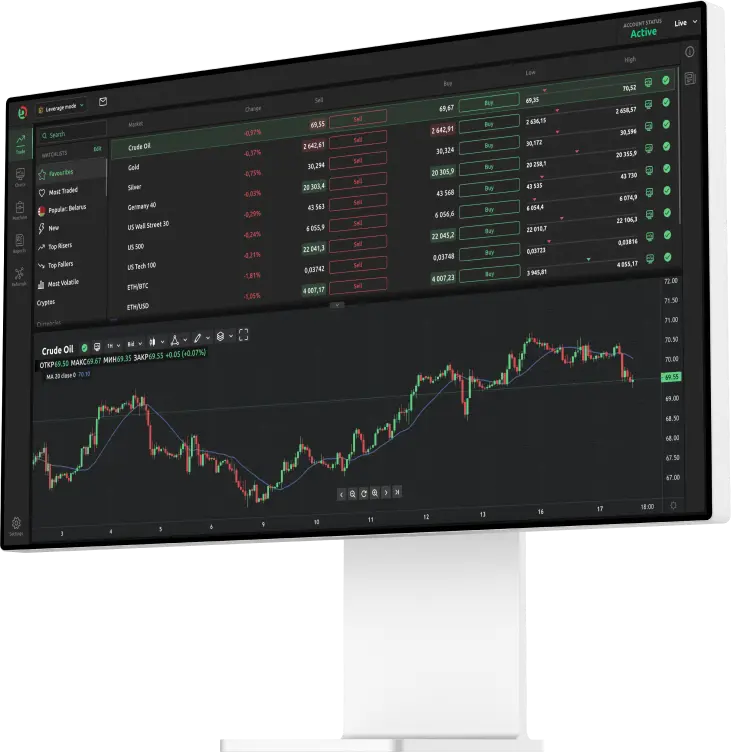An asset that gives an investor ownership in a company

What is a stock?
A stock enables investors to take ownership in a company. This is normally done in the form of shares – and the level of ownership that an investor has, as well as their entitlement to a share of profits, is directly linked to how much stock they own.
Why companies have shares
Companies often sell stock in their businesses because they want to raise money to expand. However, this cash comes at the expense of control – as it means they are held accountable to shareholders.
Let’s say that a fast food company called IFC has issued 5,000 shares. If a man called Steven owns 1,000 of these shares, this would mean he is entitled to 20% of the company’s earnings. This does not mean that he’s entitled to waltz into a restaurant and take 20% of the company’s chicken, as a corporation’s assets have nothing to do with the shareholders.
Common stock v preferred stock
Stock can be split into two distinct categories. If an investor owns common stock, this means that they can have a say in how a business is run – deciding the executives who sit on a company’s board of directors, and participating in votes about future strategies. Although common stock can perform exceedingly well over the long-term, the company’s collapse would mean that these shareholders would be one of the last in line for getting their money back.
All of this changes if an investor owns preferred stock. Although these shareholders don’t have much of a say in how a company operates, they do take priority when it comes to paying out dividends – that is, the distribution of the company’s net profit. In the event of a liquidation, their repayments would also take priority over those of common shareholders.
No matter what type of stock an investor holds, arrangements for dividends are decided upon by the company’s board of directors. Shareholders with voting rights get the opportunity to approve or reject these plans. Most of the time, dividends are paid in the form of cash – and this could be every month, every quarter or every year. If a company makes $300 million in net profit, it’s highly unlikely that all of this will be returned to investors in the form of dividends, as some will be kept behind so it can be reinvested into the business.
How stock is bought – and the risk
By and large, stock is bought on exchanges such as the London Stock Exchange or the New York Stock Exchange. Investors also have the choice of investing in stock funds, and this is where a financial institution pools their money with other investors to buy a range of shares in dozens or hundreds of different companies on their behalf. This diversification helps water down risks while paying dividends on a regular basis.
No stock is risk-free. Companies can be flying high and performing well, but share prices can crash in the event of unsavory news stories, an out-of-date business model, or changing customer tastes.

